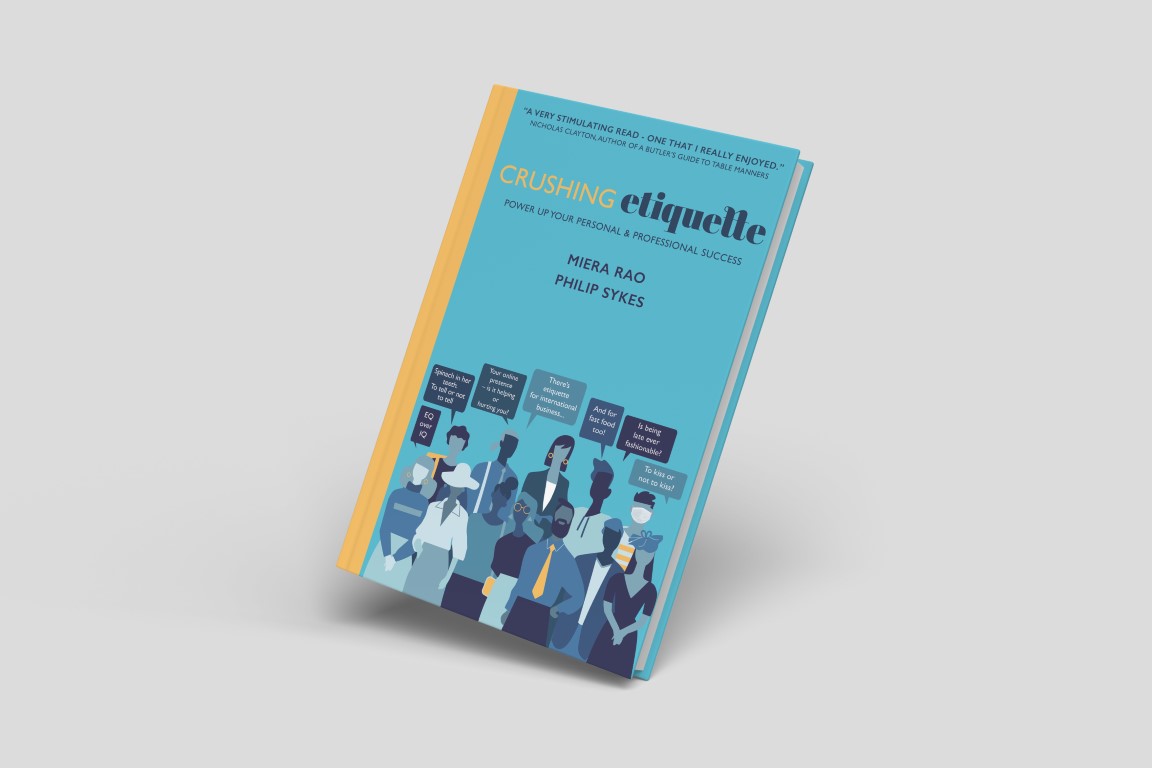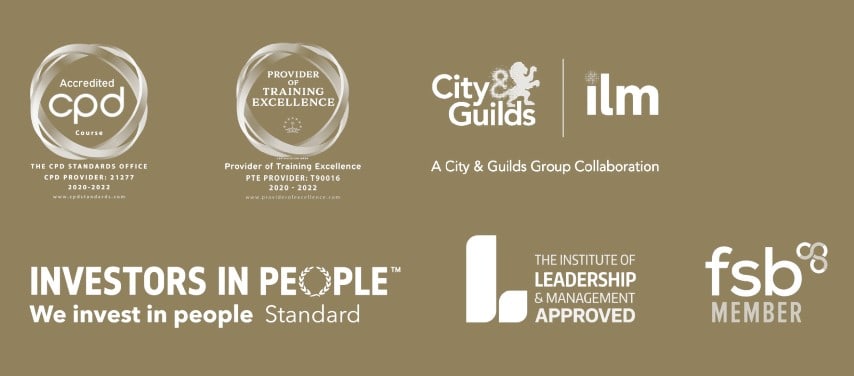Earlier this year a Chinese senior analyst who had been working in the US but had recently moved to London came to The British School of Etiquette for an introductory course in British business etiquette, following it up with a dining course.
She says Americans are “rather free and casual” compared to the British and was surprised that what she knew from American dining was “considered rude here in the UK and Europe”.
But – and here’s the key – colleagues only “hinted” at what she was doing wrong… and it took our training for her to really learn British business protocol. “It is better to know the rules” she says. “To do it properly is power and can win respect.”
So what is business etiquette and how can it be so different in Britain?
British business timing
In the UK, be on time; otherwise you are seen to be wasting people’s time. Always call even if you will be five minutes later than agreed.
British meetings
Meetings are fairly formal, with an agenda and clear purpose. They will tend to kick off, however, with a few minutes of small talk. It is often said that the British are analytical and will respond better to facts and figures than to emotion-based arguments, as in other countries such as France. Body space is more important than in Mediterranean cultures, so maintain a few feet for respect. Do follow up a meeting with an email summarising decisions and next steps.
Extending greetings in business
While it is generally usual today to call people by their first names in business, don’t until the other person uses yours or invites you to call him or her by their first name. If you are not sure if a businesswoman is married, address her as Ms. If you are meeting a man who has been knighted you should refer to them as Sir, followed by their first and surnames or Sir followed by their surname. The equivalent for a woman is to be called Dame or Lady.
Take your time with introductions and don’t rush. When giving your own name, explain the pronunciation – and make sure you remember the preferred pronunciation of your associates’ names. Repeat new associates’ names several times during a conversation to help your recall. Names are important!
If it becomes apparent that someone you have met before has forgotten your name, be gracious and help them out by giving your name again and the setting where you previously met.
Shaking hands is normal but wait for the host to extend their hand, as the higher-ranked person. It is best to stand if seated, and helps to establish your presence. Do not prolong eye contact as it can make people – especially the British – uncomfortable.
Business introductions
While socially, the eldest are the most highly ranked, then women, in business organisational rank counts – although the client is always the most important person at a meeting. If you are introducing two other people to each other, you should introduce the highest ranked first.
Business cards – is there a British ceremony?
There is no formal ritual for exchanging business cards and you can take just a cursory glance before filing the card away.
Business gifts – should you give them in the UK?
There is no culture for giving gifts in the UK. If you do choose to give a gift, something with your logo is perfectly acceptable. Gifts are opened when received. If you are invited to dine at an associate’s house, take good chocolates, flowers, Champagne or Prosecco in preference to wine, as you do not know their tastes.
British language and communication
The British are less direct and more reserved and understated in their language than Americans (the old stereotype of a ‘stiff upper lip’ still applies) – they do not tend to use superlatives or be particularly animated. They are prone to using conditional phrases such as “perhaps you could” or “it might be”. Often, though, these are simply polite ways to say no!
The British are, however, still rather formal, so take care not to ask very personal questions. Small talk is common – the weather, holidays, general culture such as films and theatre. Off-topic: religion, politics, money, age, weight, marital status and sexuality.
Business dress in Britain
Attire is generally conservative (except perhaps in media and technology). Men should wear a dark-coloured business suit and women a suit or conservative dress. It can help to check a company’s site or LinkedIn page for photos to see their accepted dress policy.
Ignore gender in business
Don’t bother with traditional touches such as pulling out a lady’s chair. Such social gender rules should be left out of business. You can still hold a door open for anyone, though. Don’t leave your manners behind!
BRitish Business dining etiquette
Be on time if you have been invited to a restaurant; if invited to an associate’s home, you can be 10 minutes late to give the hosts time for last-minute preparations. Lunch will generally be held at 1pm, perhaps noon – late dining is not common in Britain.
Table manners are Continental, so the fork is placed to the left and held in the left hand and the knife and spoon to the right and held in the right hand. The fork should be held tines down, food scooped onto its back.
Remember: ‘BMW’ when it comes to your plates and glasses – bread, meal, water. As food is served from the left to cater to the right-handed, this means your bread plate is to the left, your meal in the centre, your water glass to the right. Break bread rolls by hand and only butter the piece you have just torn off. Make sure you limit your drinking, especially at lunch.
Never rest your elbows on the table. When you have finished eating, lay your knife and fork parallel on the right of your plate.
Business dining – who pays?
The host should pay, regardless of hierarchy or gender. If you extended the invitation, you are the host.
Coming from the hospitality industry myself, one person I truly admire is Isadore Sharp, founder and chairman of the Four Seasons Hotels and Resorts Group. He says the reason for his entire hotel chain’s success is down to one simple principle: “If you treat people well, the way you would like to be treated, they will do the same.” I think that is as good a rule of thumb as any when it comes to business etiquette. – Philip Sykes










